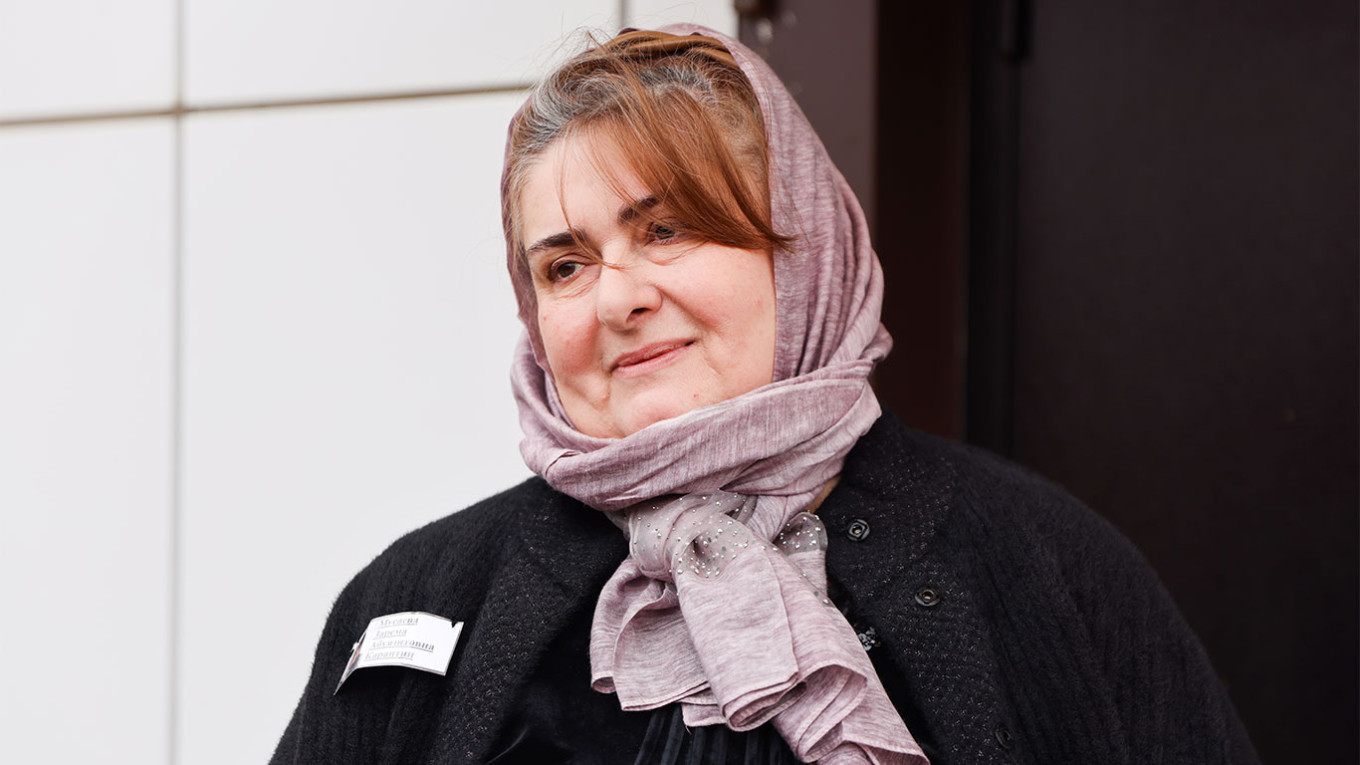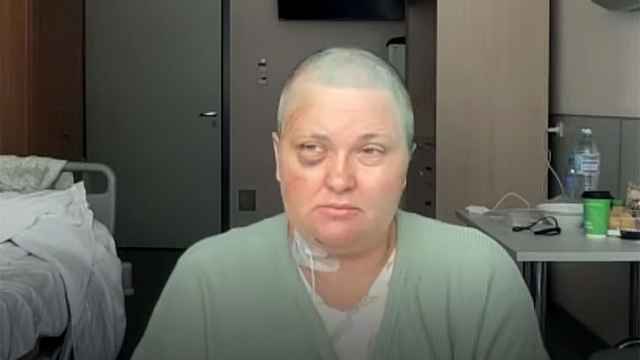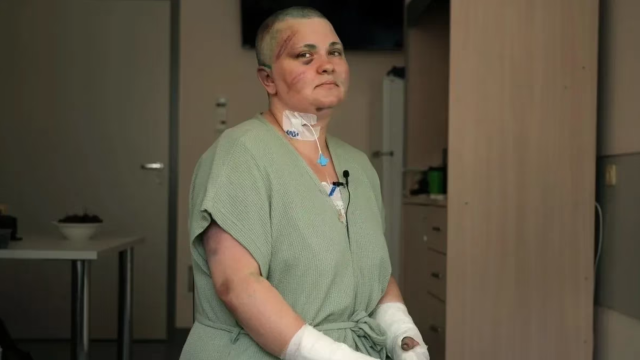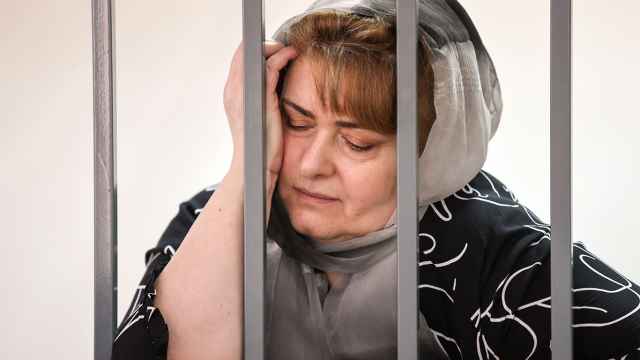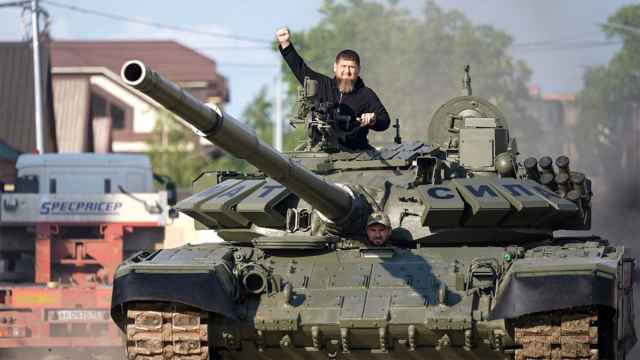The European Court of Human Rights (ECHR) on Tuesday ordered Russia to pay $56,500 in damages to the jailed mother of a prominent critic of Chechen leader Ramzan Kadyrov.
Zarema Musaeva, the mother of exiled Chechen human rights lawyer and activist Abubakar Yangulbaev, was violently detained in Nizhny Novgorod and forcibly taken to Chechnya in January 2022. Musaeva, 54, was sentenced last year to five years in a prison colony on charges of fraud and assaulting police.
The ECHR ruled Musaeva’s arrest to be “arbitrary and intended as retaliation against her family,” who were involved in human rights work and opposition activities in Chechnya. The court also decided that Russian authorities ignored Kadyrov and his allies’ threats to “hunt down” her family and “cut their heads off.”
“The hurried administrative proceedings against her, without legal representation and while she was quite obviously unwell, had breached fair trial guarantees,” the ruling read.
The Strasbourg-based court ordered Russia to pay 52,000 euros ($56,500) in damages to Musaeva. It also ordered Russia to pay 6,500 euros each to Musaeva’s husband — retired Chechen Supreme Court judge Saidi Yangulbayev — and daughter Aliya Yangulbayeva for injuries suffered during Musaeva’s detention.
Chechen security officers had tried detaining Yangulbayev but were unable to arrest him due to his judicial immunity.
Civil rights activists criticized Musaeva’s jailing as retaliation for the political activities of her three sons Abubakar, Baysangur and Ibragim Yangulbaev — who are all vocal critics of Kadyrov.
While Russia joined the European Convention on Human Rights in 1988, it was shut out of the Council of Europe, the human rights club of signatory countries which includes the ECHR, following its 2022 invasion of Ukraine.
Since September 2022, the Russian authorities have not been required to ensure that convention rights are upheld, although the government must still answer for violations committed while it was a signatory.
A Message from The Moscow Times:
Dear readers,
We are facing unprecedented challenges. Russia's Prosecutor General's Office has designated The Moscow Times as an "undesirable" organization, criminalizing our work and putting our staff at risk of prosecution. This follows our earlier unjust labeling as a "foreign agent."
These actions are direct attempts to silence independent journalism in Russia. The authorities claim our work "discredits the decisions of the Russian leadership." We see things differently: we strive to provide accurate, unbiased reporting on Russia.
We, the journalists of The Moscow Times, refuse to be silenced. But to continue our work, we need your help.
Your support, no matter how small, makes a world of difference. If you can, please support us monthly starting from just $2. It's quick to set up, and every contribution makes a significant impact.
By supporting The Moscow Times, you're defending open, independent journalism in the face of repression. Thank you for standing with us.
Remind me later.


